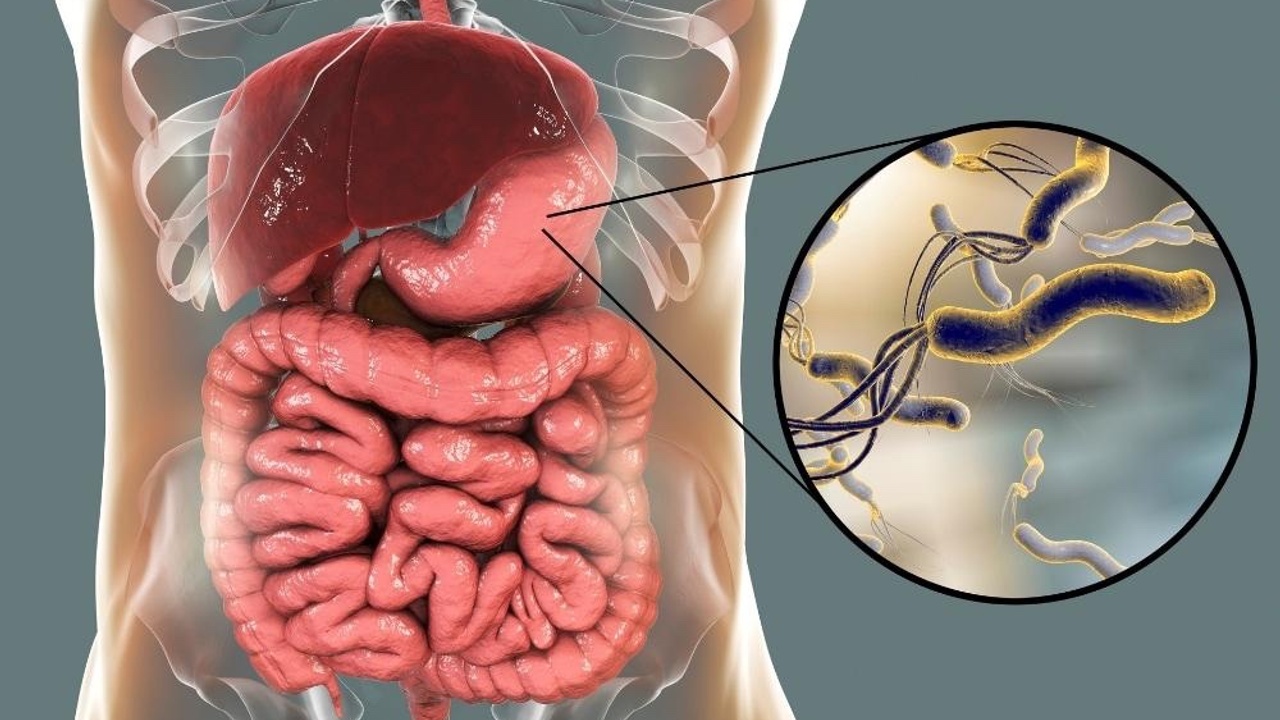Surprising New Discoveries Around Gut Bacteria

Research around gut flora, the bacterial tribe that dwell in our gut, is one of the hottest areas in nutritional research at this time. Kings College London, The University of Cork, UCLA, and Harvard are all blazing trails in this area right now. There are a few areas of research that have yielded some rather interesting new discoveries regarding the role these bacteria can play, some are extended way beyond the local environment, which is especially interesting.
Brain health and function
Now, this is one area that is really fascinating me and that I am digging further into. Some relatively recent work at UCLA began to make surprising discoveries that gut flora can have notable influence upon how the brain works, particularly when supplementing with probiotics. The UCLA researchers used fMRI (functional magnetic resonance imaging) to compare the emotional responses to pictures designed to stimulate different emotional responses. The participants were divided into two groups – one received a placebo, the other received a probiotic supplement. The placebo group showed the predicted responses in the sensory and emotional areas of the brain. The probiotic group however showed a very surprising response. They displayed higher ‘Executive Function’. This is a term given to thinking, reasoning, judgement, and self control that takes place in the frontal cortex. These are the types of responses that help you to stay calm, feel less anxious, and think more clearly and rationally around situations.
Other studies have revealed some interesting effects of probiotics upon memory and recall. A study of 60 men that were suffering from advanced stage memory loss used a placebo vs a supplement containing both L.acidophilus and B.Bifidum. The probiotic group showed ‘significant’ improvements in a series of memory tests.
Animal studies have also shown some influence on memory. A study on mice used antibiotics to remove inherent gut flora. Almost immediately the mice showed signs of memory loss and there was also almost a complete halt in brain cell growth.
Clearly these studies don’t give us grounds to make absolute statements at this point, but this is going to be an area that will evolve pretty quickly I feel and we will be seeing some staggering new information coming to light in time. This could well be the reasoning between the whole ‘gut brain’ idea that is often discussed but without much scientific validity.
Immune Function
There are many ways that gut bacteria can influence immunity, with one of the most simple being direct competition with potentially pathogenic microbes. However, in recent years there have been some fascinating new developments in research that show a much more complex interaction. This is where much of the newer research has begun to look, and this is the area that is the most fascinating. It seems there is dialogue between the bacteria that live in our gut, and the cells of the immune system. Our digestive tract is awash with immune activity, as it is such an easy entry route for pathogens. The gut wall is studded with patches of tissue called peyers patches. These are basically like surveillance stations that are continually monitoring gut contents and reporting this back to the rest of the immune system. If a pathogen comes along, the cells that dwell in the peyers patches detect whats going on and relay the relevant information back to the rest of our immune system so that it knows what the threat is and how to respond to it. It now seems that via such immunological tissues as the peyers patches, the gut bacteria and the immune system can enter a conversation. The gut bacteria can stimulate certain responses and the immune system can talk back to down regulate other responses. There have already been links between these types of communications and celiac disease processes, inflammatory bowel disease, and even obesity. This IS in its early stages and specific conclusions around these diseases cannot be arrived at yet, but the early signs are truly fascinating.





